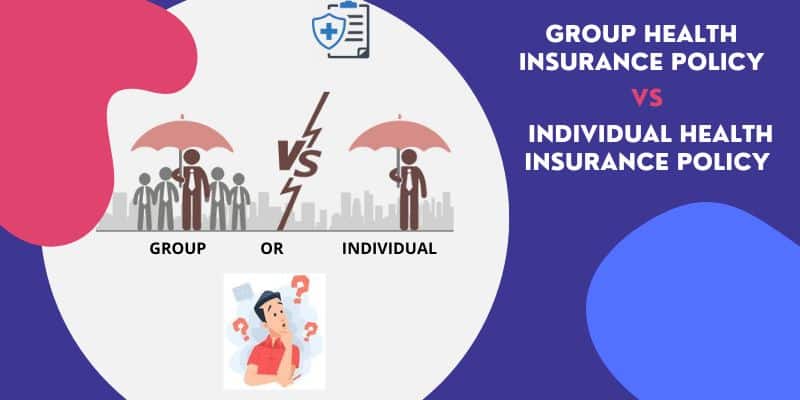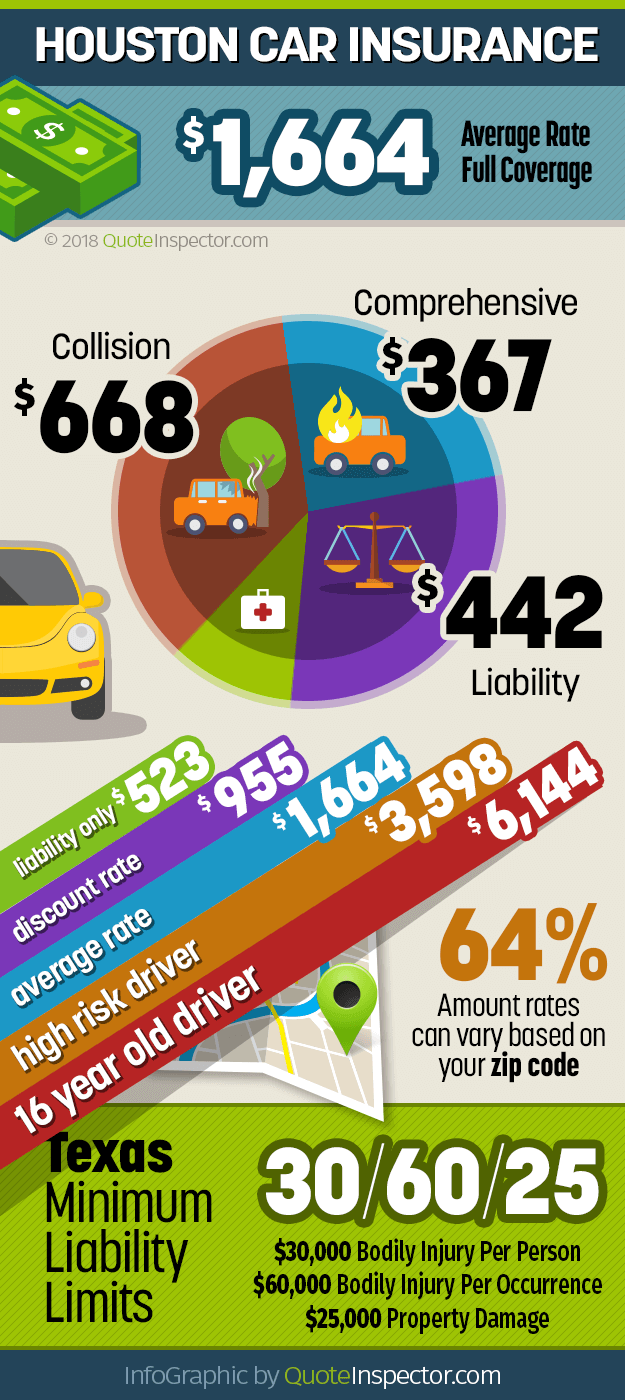
You should know that not all policies cover pandemics. Others may not cover these events until they have been declared. To find out the details, it is a good idea to review your policy documents. Comprehensive travel insurance is recommended if you are not sure. A policy with Cancel for Any Reason coverage is a smart choice.
Cancel for Any Reason
The standard policy does not include coverage for pandemics, epidemics, or other risks. As a result, travelers who do not purchase the optional "Cancel for Any Reason" coverage will likely not be able to recover any costs related to a pandemic. New York law doesn't allow cancellations for "cancel any reason" coverage because they don't cover a specific event. However, insurers are able to comply with the law and show that the benefit is for an "authorized organization".
Many insurance providers have recently added "COVID-19", a pandemic, to their travel insurance policies. However, travelers need to be certified by a medical practitioner in order to receive this coverage. The coverage of "I am afraid to travel" does not apply. However, travelers with Cancel for Any Reason coverage may qualify for 50-75% of their trip costs. This coverage is subject to availability. Cancel for All Reasons is only available to those who cancel at least two business days before they depart.
Standard trip cancellation policy
Standard travel insurance policies may not cover travel costs resulting from a pandemic. To add this coverage, you will need to upgrade your policy. You will pay about 40% more for the upgrade than the standard policy, and you can get coverage that covers up to 75% of non-refundable expenses. This is a great option if there is a potential pandemic.

To find out if pandemic coverage includes you, ensure you carefully read your policy. You can also check your policy to see what other mishaps might be excluded. Also, make sure that your policy limits are adequate to cover the expenses of other mishaps. You should also ensure that your policy covers evacuation and transportation in an emergency.
Cancellation based on fear of travel
Insurance policies for travel don't usually cover cancellations due to the fear of pandemics or disease. Some companies have relaxed their policy guidelines. Under the optional Cancel Any Reason benefit, 50-75% can be claimed if you are ill and cancel your trip. You must act fast to be eligible for this benefit. You can cancel up to 2 days in advance of your departure to get this benefit.
Unfortunately, most standard travel insurance policies exclude cancellation due to pandemics, epidemics, and viral outbreaks. If you cancel your trip due to "fear" of traveling, your plan won't pay for it. Travelers need to be aware that there may be many reasons to cancel their trip. It is possible to cancel a trip because of cancellations on airline flights or cruise ship suspensions.
Pre-existing Conditions Waivers
Pre-existing conditions may make you worry about your chances of getting injured or sick while on vacation. These conditions are not covered by most travel insurance policies. However, if you have a chronic condition, you might be eligible for a waiver.
This waiver allows you not to have to pay a high premium for a condition that you already have. Pre-existing Conditions Waiver: If you have been diagnosed with a condition or suffered from it for at most 60 days prior to buying your travel insurance policy, you may be eligible. Make sure you check your medical records to ensure your policy covers these types of illnesses.

Cancellation coverage for COVID-19
If you are traveling to a region affected by the Covid-19 virus, it's important to have travel insurance. Some insurance policies will cover cancellations due to certain illnesses. Others will cover quarantine costs. It doesn’t matter if it’s for business or pleasure. Make sure you know your specific coverage.
Most insurance policies exclude loss due to epidemics, so you have to ask your provider about cancellation coverage for COVID-19. This depends on your coverage and policy limits. Some plans exclude losses due to COVID-19 because it's a communicable disease. Other plans might cover these events if they're part in a joint government-private initiative.